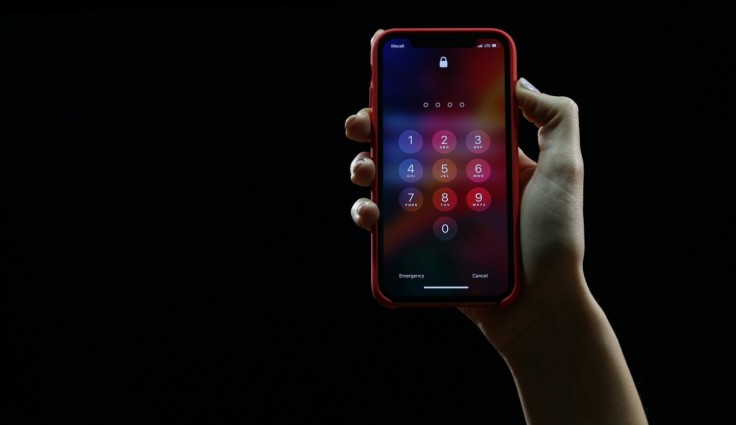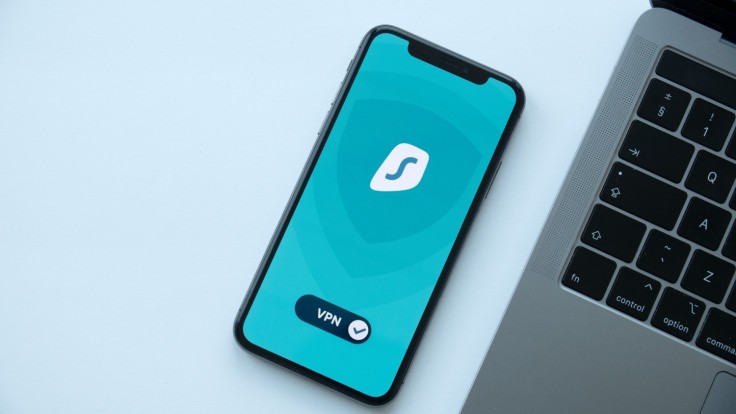
Hackers are getting more and more creative with different types of viruses, spyware and malware. Hacking tools are constantly evolving, making security breaches more commonplace.
Hacking is a serious threat to anyone's safety. Financial fraud, identity theft, and other grave problems can arise from a breached phone. With that said, find out how you can protect your iPhone, Samsung and other devices from spyware.
Do You Have Spyware on Your iPhone or Samsung Galaxy?
Cybercriminals are always finding new ways to exploit your smartphone for data. According to Kaspersky, our phones hold a lot of data that can be used to spy over us. Radio signals like GPS, cellular, and wifi signals are often the ways people think they can be spied on but that's not actually the case.
Apps and operating systems can also track your data and snoop around the harvest any information they think they can exploit. After you click on the malicious links or download files or apps that provide attackers with access to your device, they can steal your information off of the device and even control it.
Hacking your device for information or to spy on you, your phone may exhibit tell-tale signs like experiencing a huge drain in your data and wi-fi usage. This could be the hacker extracting data from your device and in doing so, using up wi-fi or cellular data. In the same vein, if your battery is draining unusually fast, this could also mean malware could be in your phone causing the problems.
One of the most recent spyware viruses making its way around is the Pegasus spyware. It works as malware that infiltrates smartphones via apps like iMessage and WhatsApp. Inadvertently clicking a link containing the vulnerability can introduce the spyware into the intended victims' devices. Once installed, Pegasus can harvest practically any data from the device and transmit it back to the attacker.

Read also: iPhones, iPads in Danger of Pegasus Spyware: Download Apple Emergency Patch to Fix Security Risk
4 Ways to Protect Your Smartphone from Spies
4. Using a VPN or Virtual Private Network
According to iLounge, using a VPN afford you an extra layer of security over your connections by concealing your internet connection's fundamental identity.
Your data is encrypted and routed to different servers keeping your identity hidden. Using a VPN can greatly protect your device against hacking and other kinds of spying.
3. Use : Anti-Malware
Secure your devices from malicious third-party applications by running them through anti-virus or anti-malware applications that can help you detect and remove spyware, said Pure VPN.
2. Using a Secure Browser
Browsers can give away your data or information as they track your internet service provider, websites you visit, and other things you do on the web. We've listed down 11 private browsers that also offer VPN for extra security.
1. Update Your Passwords
This is very important as data breaches of larger companies, unfortunately, do happen and the data they have collected from you can now be exploited by those hackers. It is best to create unique passwords for each account you have and have them stored away safely in a secure password app. To check if your passwords have been compromised, check this article.









